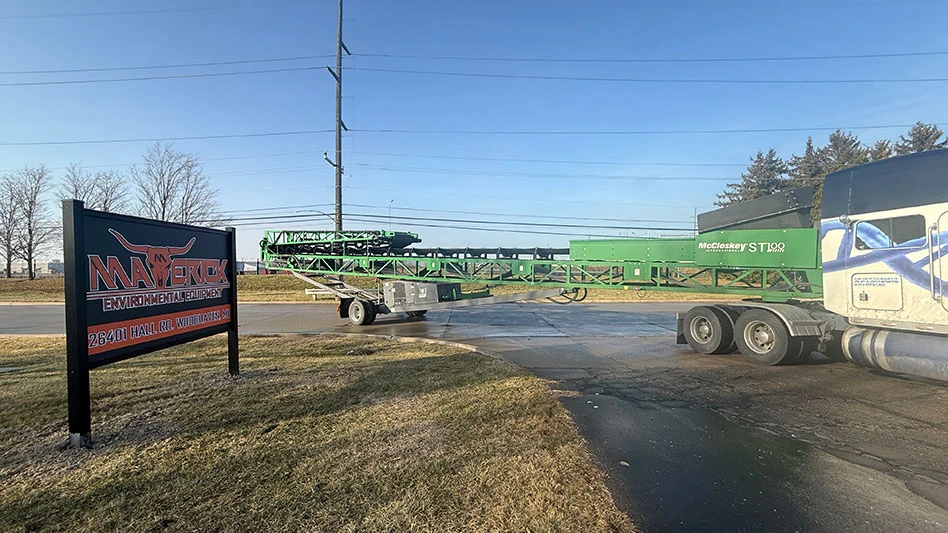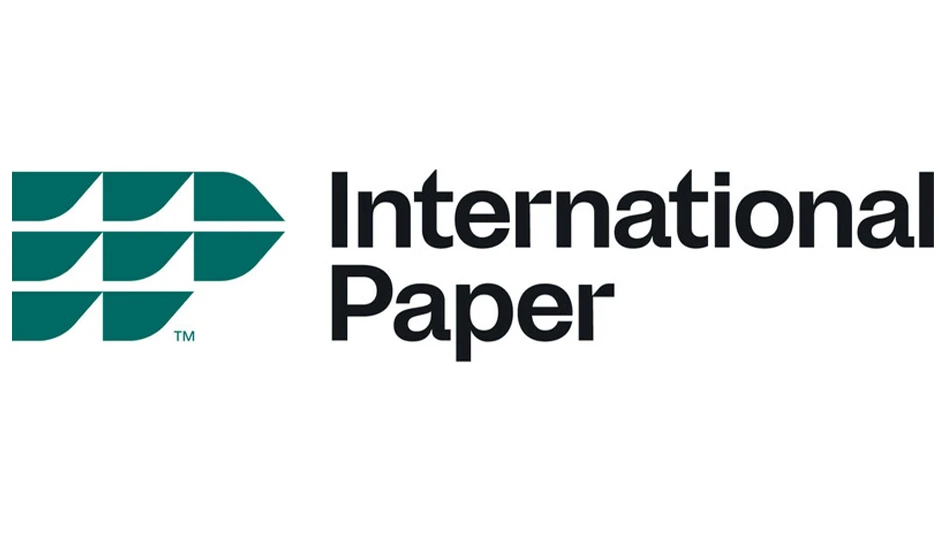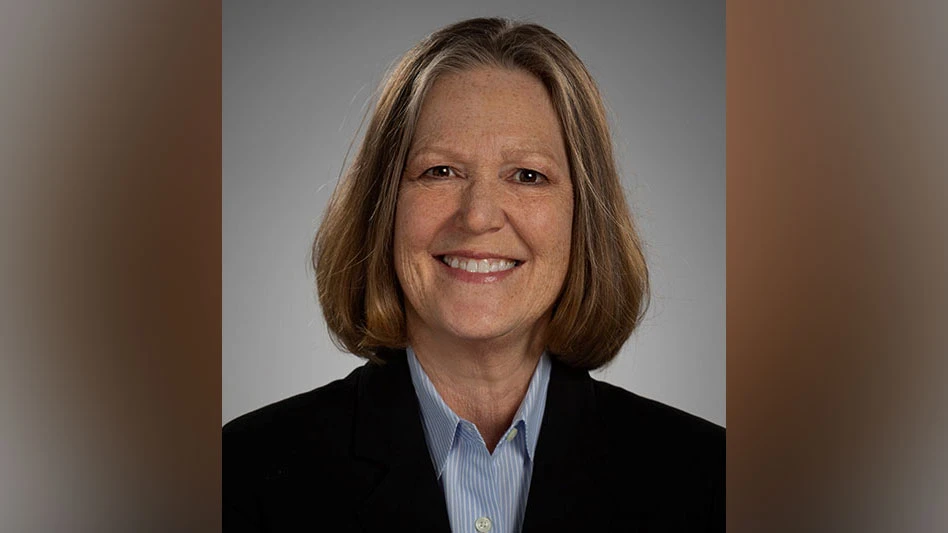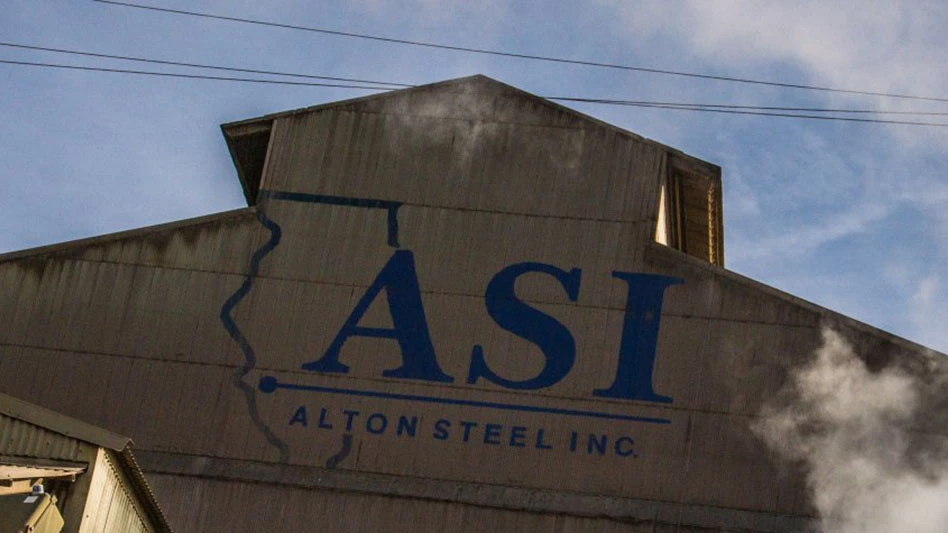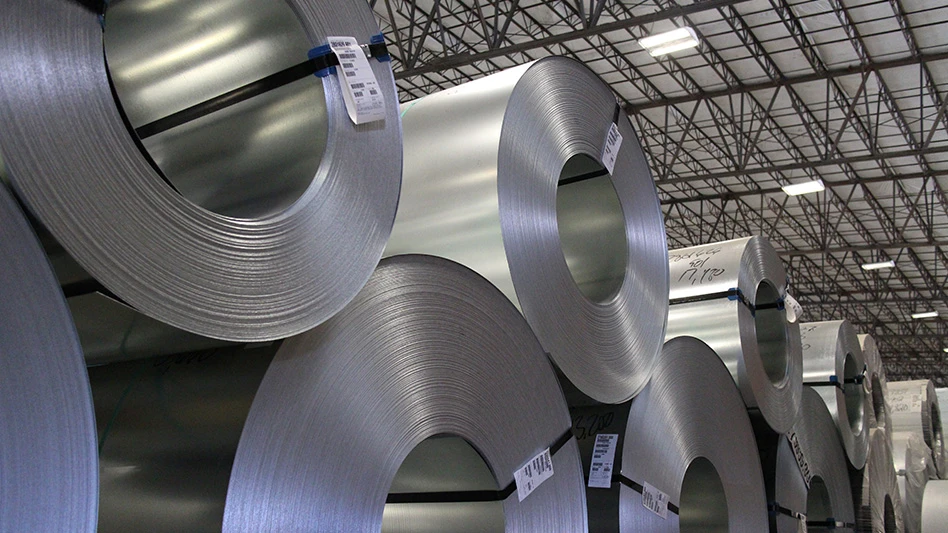
As sustainability regulations continue to reshape industries around the world, the packaging sector stands at the vanguard of the circular economy transition. Initiatives such as extended producer responsibility (EPR)—which has been enacted in seven U.S. states to date, Maine, Colorado, California, Oregon, Minnesota and, most recently, Maryland and Washington—are encouraging firms to rethink their operations, incorporate greater volumes of recycled materials and closely manage their product life cycles.
Ultimately, the guiding principle should be to reduce the corporate sphere’s environmental impact through, among other means, packaging innovation.
While regulations in this area aim to standardize practices, implementation can vary wildly across regions, creating significant challenges for global companies.
The sustainability regulation puzzle
According to a 2023 meta-analysis by Roland Berger and the Alliance to End Plastic Waste, 60 percent of the 192 countries surveyed had underdeveloped or incipient waste systems, where less than 8 percent of the plastic produced was recycled. These broken loops are detrimental to the environment and challenge the United Nations’ broader sustainable development project.
To address some of these issues, regulation in the packaging industry is a growing trend. While undoubtedly necessary and constructive, its side effect creates a complex compliance landscape—not least because of discrepancies between jurisdictional requirements and measures.
To help demystify the state of play in the U.S. and the likely impact on the packaging industry, we will focus on EPR.
The EPR policy approach
As a policy approach that holds producers responsible for managing their end-of-life products, EPR encourages sustainable innovation in product design to uphold the circular economy.
Over the past two decades, U.S. lawmakers have shown growing interest in EPR, with recent efforts focused on reducing plastic waste from packaging. Earth Action predicts this waste will reach 220 million tons in 2024.
Maine became the first state to enact EPR for packaging in July 2021. More recently, in May 2024, Minnesota passed EPR legislation. Both efforts aim to reduce waste volume and toxicity while improving packaging recycling rates.

To drive this change, Minnesota’s legislation sets ambitious targets for 2032, requiring all packaging to be either refillable with a supporting refill system, reusable within a managed reuse system or recyclable through curbside collection or an alternative system. These measures reflect a growing national commitment to sustainable packaging and a circular economy.
To comply with EPR regulations, packaging producers must contribute to a fund based on the net amount and recyclability of their packaging materials. The funds will be used to reimburse participating municipalities for eligible recycling and waste management costs, invest in state recycling infrastructure to improve efficiency and capacity and support education initiatives to help citizens better understand recycling. This system incentivizes sustainable packaging choices while strengthening local recycling programs.
Other states that are taking action to adopt packaging EPR include Tennessee, which introduced bipartisan legislation in 2024 to establish a producer responsibility organization (PRO) to develop an EPR plan for packaging. Illinois, North Carolina, Rhode Island and New Hampshire also are in the process of considering EPR programs.
While support for EPR continues to grow, implementation challenges hinder its progress.
In California, EPR legislation to address plastic waste passed in 2022. However, the March 7 deadline to finalize S.B. 54, a key law aimed at phasing out single-use plastics, passed without action from the governor’s office. In response, environmental groups, local governments and lawmakers have urged California Gov. Gavin Newsom to uphold the law’s original intent and timeline. They warn any delay or weakening of S.B. 54 could erode broader support for EPR nationwide, particularly given California’s influential role in sustainable packaging policy. This moment underscores that while businesses must meet regulatory obligations, it’s equally critical for lawmakers to deliver on commitments they’ve initiated.
Answering the sustainability call
Regulations such as EPR are encouraging firms to rethink their operations and harmonize the recycling of products once they reach the end of their life cycles. This is not just for packaging, but for any material that can be repurposed before it ends up in a landfill.
This year is pivotal for states under EPR regulations as key compliance deadlines approach. Companies involved in packaging, disposable food serviceware, paper products and product distribution proactively must understand and implement effective compliance strategies as data reporting requirements take effect.
Reported information by producers will include the number, weight and material categories of all covered items purchased by consumers or businesses in the state during 2024. Deadlines for reporting include July 31 for Colorado and Minnesota and Aug. 31 for California. With deadlines approaching, businesses should act now to ensure timely compliance.
Most state EPR programs use PROs, nonprofit entities that oversee compliance. So far, every state with a PRO has chosen the Circular Action Alliance (CAA) to administer its programs. Producers looking to comply with EPR requirements must register with the CAA, sign its Participant Producer Agreement (finalized in late 2024) and complete a state-specific addendum for each relevant jurisdiction.
Under EPR laws, producers are exempt from compliance if, in the previous calendar year, they generated less than $2 million in total gross revenue, used less than 1 ton of packaging material; primarily sold goods obtained through insurance salvages, bankruptcies or similar sources; or sold perishable food while using less than 15 tons of packaging material.
As corporate reporting requirements evolve, it is essential for companies to prioritize compliance to meet sustainability regulations and contribute to the global effort to mitigate the impacts of the climate crisis. Ways for companies to comply include partnering with organizations such as Position Green for technical support on data reporting. Mainetti is one such company that has partnered with Position Green to complete its data reporting and support its clients.
Mainetti has developed several sustainable packaging products to align with the sector’s sustainable transformation. By 2021, Mainetti also developed a closed-loop polythene recycling process called Polyloop that produces clear, low-density polyethylene (LDPE) containing up to 30 percent recycled material. With around 4,000 metric tons of recycled material produced annually, Polyloop supports a number of U.S. brands, including Walmart and JCPenney, and seeks to boost the efficiency of the supply chain.
A horizon of green potential
As we approach several climate tipping points that could see the irreversible devastation of our planet, sustainability is today more than a corporate-speak buzzword—it is an existential and regulatory imperative.
While firms have taken major leaps forward in relation to sustainable packaging use and the circular economy, plenty of work remains. Material life cycles can be streamlined further, more ESG, or environmental, social and governance, data can be sourced, and the industry as a whole can help to demystify the intricacies of compliance and how it should respond to climate shifts. Packaging does not—and should not—need to wait for regulators to force its hand.
The good news is, despite all this noise, solutions are available to the market, demonstrating a strong, productive direction for the packaging sector, which, powered by EPR, is committed to reducing its footprint on the planet.
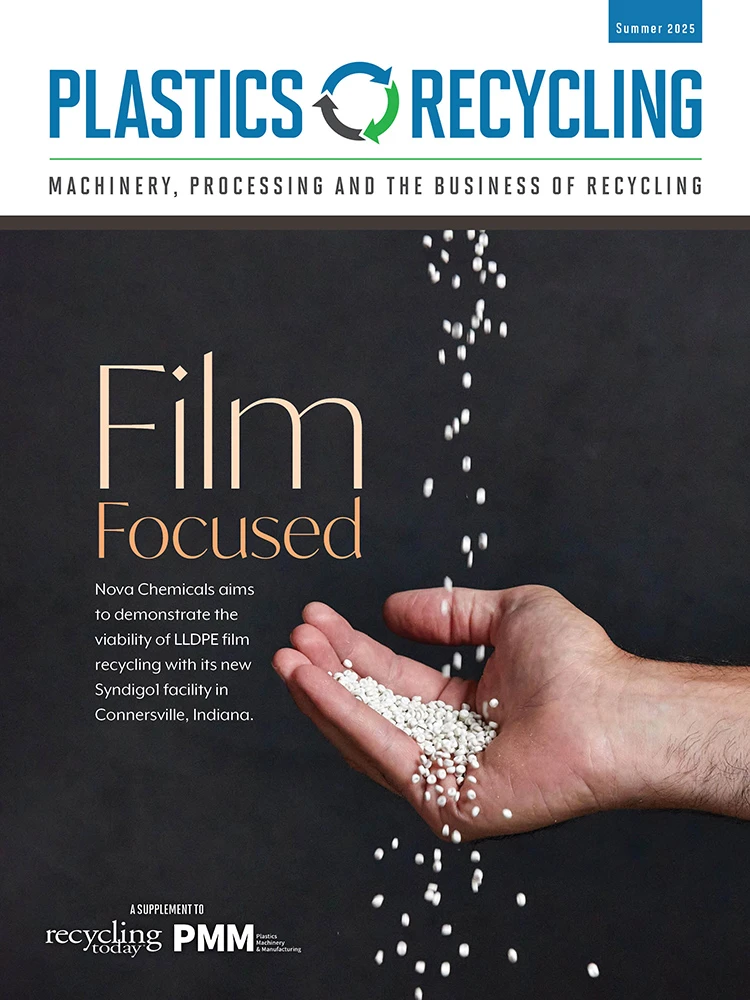
Explore the Summer 2025 Plastics Recycling Issue
Check out more from this issue and find your next story to read.
Latest from Recycling Today
- Stadler equips Spanish MRF
- SSAB finishes 2025 with decreased revenue
- Vecoplan appoints CFO
- Aurubis raises full-year forecast
- Levitated Metals adds LIBS sorting technology
- Redwood Materials closes on $425M in Series E financing
- Updated: Wieland Chase expands northwest Ohio facility
- Recovered paper traders report lukewarm market

